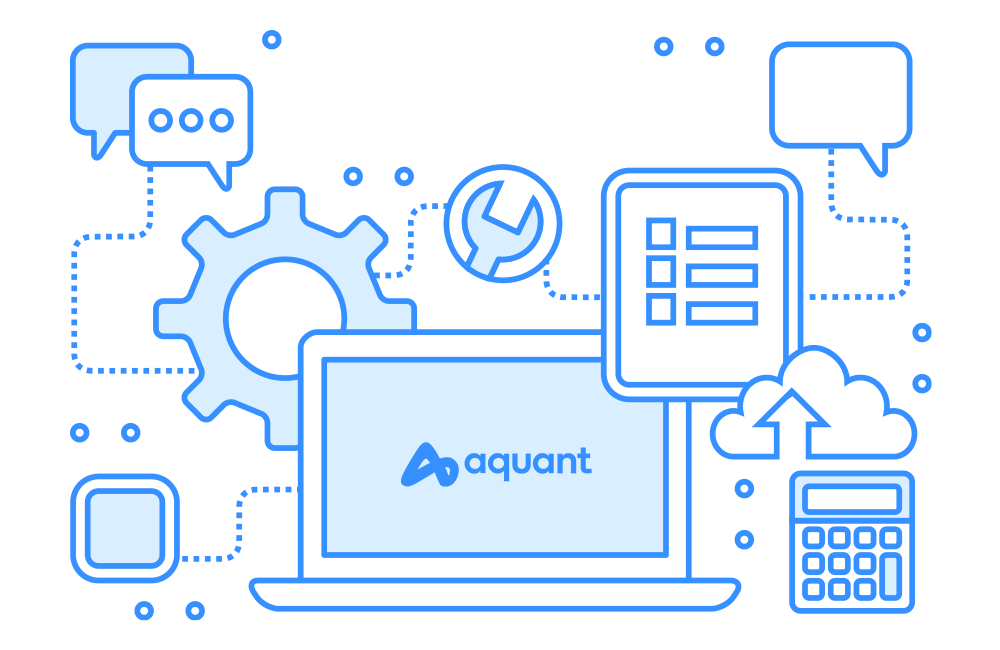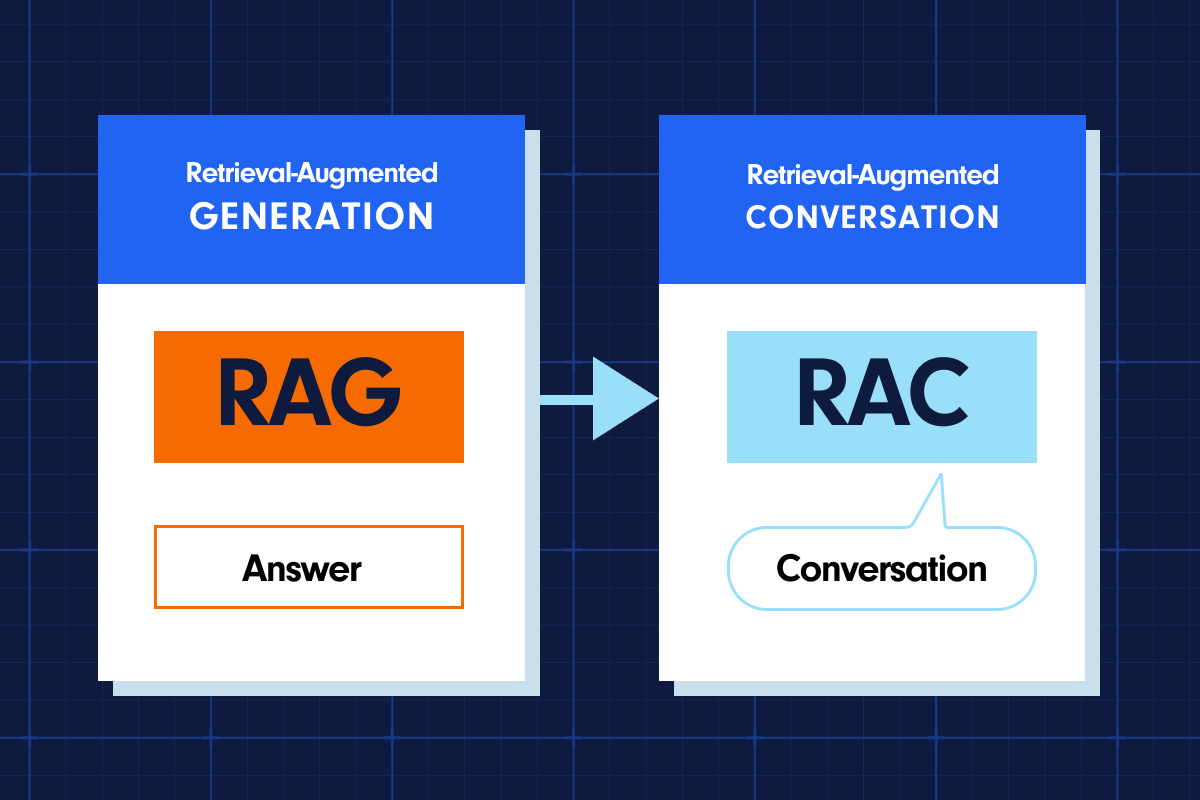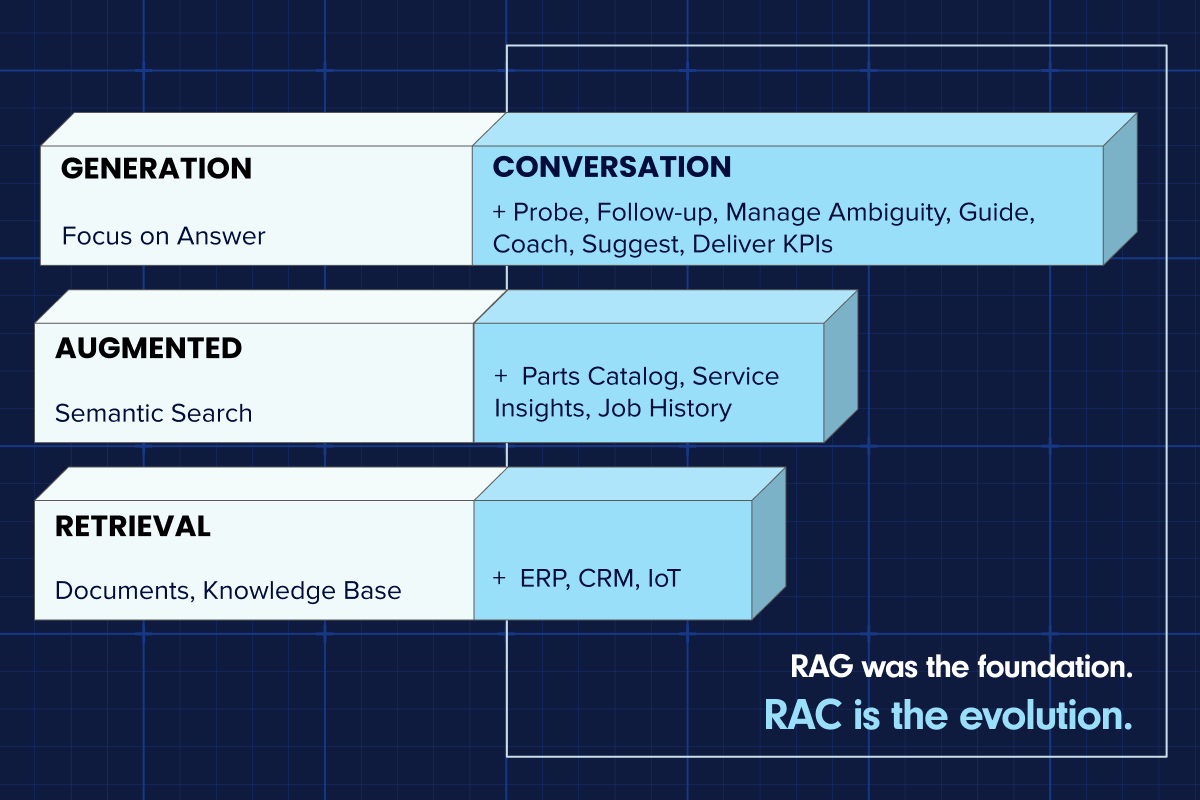The increasing prevalence of AI-generated content on the internet is raising alarms within the AI community. Aatish Bhatia’s recent New York Times article highlights a growing concern: the risk of AI models collapsing when trained on data that includes their outputs. This phenomenon, known as “model collapse,” can lead to a degradation in the quality, accuracy, and diversity of AI-generated results.
As AI systems become more advanced and widespread, ensuring the integrity of their outputs becomes increasingly challenging. Bhatia’s article explains that as AI models ingest AI-generated content during their training process, a feedback loop can occur, leading to a significant decline in the quality of future AI outputs. Over time, this can result in AI systems producing less accurate, less diverse, and more error-prone results, ultimately threatening the technology’s effectiveness.
In simpler terms, when AI is trained on its own outputs, the results can drift further away from reality. This drift can manifest in various ways, such as blurred images, repetitive and incoherent text, and a general loss of diversity in the generated content. For instance, an AI model trained on AI-generated images may start producing distorted visuals, while a language model might lose linguistic richness and begin repeating phrases.
The implications of this phenomenon are significant, especially as AI-generated content continues to flood the internet. Companies that rely on AI for critical tasks, such as generating medical advice or financial predictions, could see their models degrade if they don’t take proactive steps to avoid model collapse.
How to Avoid AI Model Collapse: Proven Strategies
Companies must adopt strategies that prioritize high-quality, diverse data to avoid model collapse. Here are key approaches:
1. Use High-Quality, Synthetic Data
Synthetic data – generated by humans in sophisticated ways – is inherently more reliable, diverse, and accurate than AI-generated content. By relying on data produced by humans, companies can ensure that their AI models are trained on a solid foundation that reflects real-world complexities.
- Aquant’s Approach: We enhance our models by combining historical and synthetic data. This approach enriches the dataset, allowing the model to learn more diverse patterns and scenarios, which improves its accuracy and robustness. By carefully generating synthetic data that complements the historical data, we prevent overfitting and ensure the model remains generalizable to real-world applications
2. Careful Data Curation
Curating data carefully ensures that AI models learn from the most relevant and accurate sources. This helps maintain the quality and diversity of the AI’s output, preventing the model from drifting away from its intended purpose.
- Aquant’s Approach: We carefully curate the data used to train our models, focusing only on what is necessary and relevant to each specific machine or business and avoiding irrelevant or noisy data. Beyond structured sources like service manuals and knowledge articles, we recognize that 30% of solutions to service challenges come directly from the expertise of seasoned technicians. To capture this valuable insight, we have a process for incorporating their knowledge. This targeted approach ensures a robust model that avoids collapse and stays highly effective.
3. Develop Industry-Specific NLP Models
Industry-specific Natural Language Processing models (NLPs) are tailored to understand a particular field’s unique language and context. This leads to more accurate and reliable AI outputs directly applicable to the industry’s needs.
- Aquant’s Approach: We have developed an NLP specifically designed to understand the language of the service manufacturing business. Our AI provides more relevant and accurate insights by focusing on industry-specific terminology and context. Our proprietary model is called “Service Language Processing.”
4. Continuous Human Oversight and Feedback
Human oversight is essential for identifying and correcting errors or biases in AI models. Continuous feedback from experts ensures that the AI remains aligned with real-world data and expectations, preventing unintended drift in its outputs.
- Aquant’s Approach: At Aquant, our AI models are continuously refined with feedback from human experts, like technicians, and are seamlessly integrated into the system each time they use the tool. This ongoing process keeps our AI accurate and aligned with real-world needs without requiring users to spend significant time on training or adjustments.
5. Limit AI’s Self-Referential Training
Avoiding the excessive use of AI-generated content in training future models is critical to prevent the feedback loop that leads to model collapse. By limiting self-referential training, companies can maintain the quality and diversity of their AI models.
- Aquant’s Approach: We avoid training our models on AI-generated outputs, relying instead on synthetic data when the data is missing or lacking. This approach ensures that our AI models do not degrade over time.
Aquant’s approach to AI development exemplifies how to avoid the risks of model collapse. By leveraging high-quality data from expert technicians, carefully curating data to include only what is necessary and relevant, and developing industry-specific NLPs, Aquant ensures that its AI models deliver precise, actionable insights tailored to the unique needs of the service manufacturing industry.
In an era where the risk of AI model collapse looms, Aquant’s commitment to quality, relevance, and industry-specific expertise positions us as a leader in creating robust, reliable AI systems that stand the test of time.
About the Author
 Oded Sagie, VP of Product and R&D, Aquant
Oded Sagie, VP of Product and R&D, Aquant
Oded is the VP of Product and R&D at Aquant, where his passion for user experience, technology, and engineering guides his leadership of R&D teams and product design. With a clear vision for future products and cutting-edge technologies, Oded is dedicated to delivering compelling experiences that align with Aquant’s mission.
Recent Posts
-

How Businesses Can Avoid Becoming Part of Gartner’s Predicted 40% Failure Rate in Agentic AI Projects
Read More »July 14, 2025 Assaf Melochna






